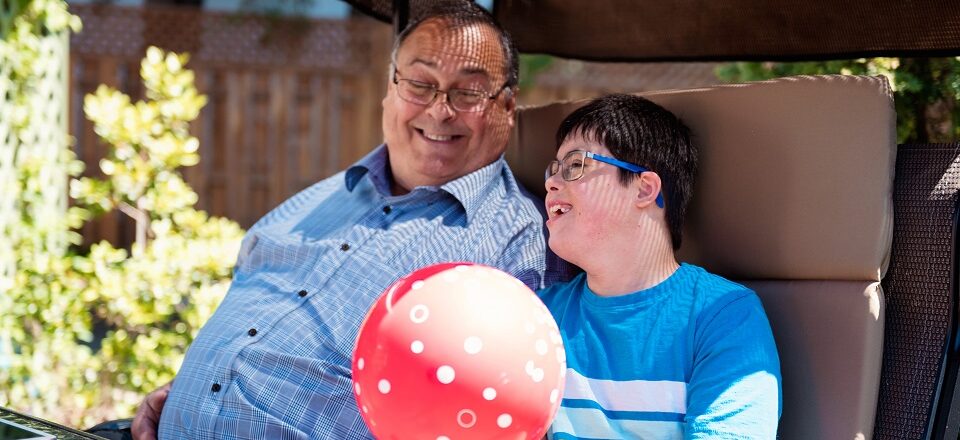Do you feel like your family and friends want to help but don’t know how when you have a child with disabilities? Perhaps they don’t know what to say about your child’s disability.
You are not the only one. People often hold back because they fear that they might do or say the wrong thing.
It cannot be easy to comprehend what you don’t know. It is possible that your family and friends don’t know much about how to support someone with a disability. They may be able to understand some aspects of your child’s needs, but not all.
You’re probably a parent immersed in information from therapists and doctors. You’ve also figured out what works for your child.
It is a great idea to share this information with family and friends.
Please share your knowledge.
You might:
- Blog articles, podcasts, or info sheets from trusted sites that relate to your child’s disability and needs can be shared. You can start by looking for peak bodies for disabilities, such as Amaze (for autistic people and their families), or organizations that provide information and support, like ACCD.
- Include your child in the conversation – depending on the age; they may be able to share their likes, dislikes, and what works for them. Are they using a communication tool? It is a good idea to share it with family members and friends and to encourage them to use it.
- Invite them to come over and explain how the disability affects you and your family.
- Please encourage them to ask questions. They should hear from you about why your child isn’t talking instead of making assumptions.
With a better understanding of your child’s situation and the ability to ask questions in a safe environment, friends and extended family may be more willing and able to assist you. Consider inviting them to join your support circle.
Supporting your child by helping others
It’s a great way to help your child feel connected and confident. It would help if you were involved in your child’s life. Sometimes it can feel lonely, and sometimes it can be overwhelming.
Many people want to help but need help knowing where to begin. These are some ways to help spread the burden and create a more significant network of positive relationships between you and your child.
- Consider if you can delegate any other household or job tasks. These will make your life easier. You should get groceries for the week or transport your kids to soccer practice. It’s incredible how many people will help you – sometimes, you must ask.
- Playdates can be arranged with friends with children the same age as you. Playdates can be a great way to make friends with your child’s classmates from school or kindergarten. Talk with your friend to organize an inclusive activity that all can participate in or where everyone can find common ground. Help your child to introduce themselves at the beginning of the playdate and, if appropriate, discuss their preferences, likes, and needs. Example: “Harry uses communication cards for communicating with people and telling them what he likes.” You love Lego too! Let your children know they are welcome to ask any questions. Parents can also enjoy playdates as a chance to chat and have a cup of tea.
- You might consider asking family and friends to offer respite care depending on the severity of your child’s disability. Consider taking your other children out to lunch or attending their football match or music concert. You can also spend a romantic evening with your partner. Everyone needs to have a break and spend time with their immediate family.
- Respect people’s strengths. While some people might want to help, others may not be able to interact with children or do chores around the house. They might be great at managing life and can be a fantastic support if you need them to book holiday programs or help you find different service providers.


